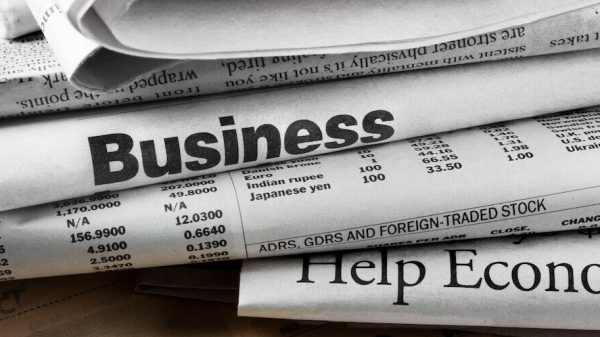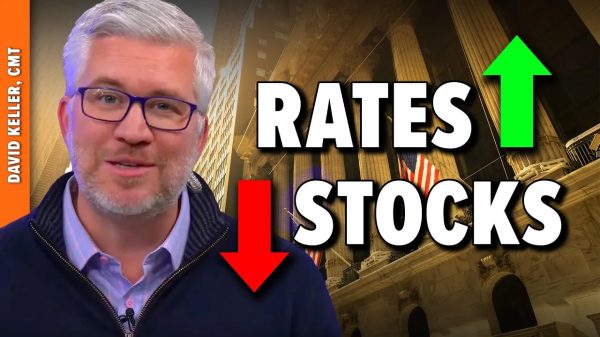SYDNEY – Australia’s east coast liquefied natural gas (LNG) exporters may need to divert excess gas supply for domestic customers to stave off any potential supply shortages this winter in the country’s south, the energy market operator said on Thursday.
Despite increased production commitments from the industry since last year, the supply in southern Australia is declining rapidly, raising risks of near-term shortages and long-term supply gaps, the Australian Energy Market Operator (AEMO) said.
“To minimize shortfall risks, committed infrastructure and supply projects must be completed on time … additional gas storage and pipeline development and LNG import terminals could potentially play a role,” Chief Executive Daniel Westerman said in a statement accompanying AEMO’s closely watched outlook.
“The risk of gas shortfalls each year from winter 2023 to 2026 in all southern jurisdictions remains under extreme weather conditions … with those risks further exacerbated if gas storage levels are insufficient,” Mr. Westerman said.
From 2026, Australia must require additional commitments to expand its gas supply or have enough renewable projects to offset the demand for gas, AEMO said.
Gas producers said they are reluctant to invest in new supply after government interventions in the market, including proposals to impose a “reasonable pricing” regime on gas and expand the government’s ability to divert gas exports to the domestic market.
“We need a clear strategy from governments to promote new supply to avoid shortfalls ... rather than ad hoc interventions that do the opposite and undermine investment confidence,” said Australian Petroleum Production & Exploration Association head Samantha McCulloch on Thursday.
AEMO said investment uncertainty over the development of Australia’s first LNG import terminal – Squadron Energy’s Port Kembla in New South Wales – could also impact supply shortfall.
Energy minister Chris Bowen on Thursday rejected the link between government intervention, including a 12-month price cap on gas, and investment uncertainty, saying almost all gas prior to 2022 was sold at prices below the cap.
Like many countries, Australia has been hit by soaring power and gas prices after Russia invaded Ukraine and also from planned and unplanned outages at several coal-fired plants.
Though Australia produces more gas than it needs to meet its domestic demands, most supply is contracted for export. – Reuters























